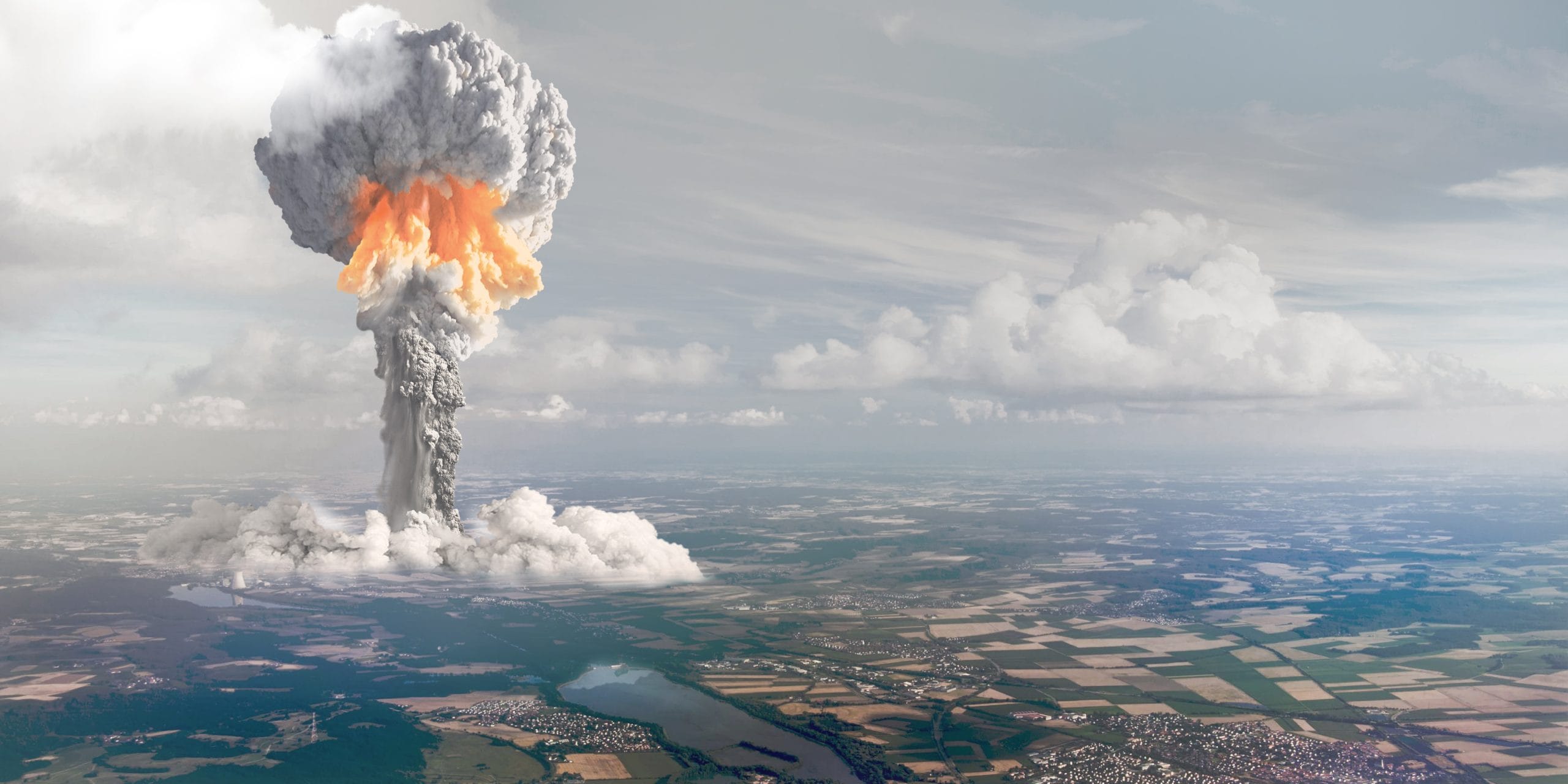
Study: How most of the 5 billion would die in a US/Russia nuclear exchange
Reading Time: 2 minutes A new study found that a nuclear war between the US and Russia could be the worst catastrophe in world history. But most people wouldn’t die from the exchange itself; 5 billion would perish from the hunger that follows. The study, published in Nature, found that the soot prod
A new study found that a nuclear war between the US and Russia could be the worst catastrophe in world history. But most people wouldn’t die from the exchange itself; 5 billion would perish from the hunger that follows.
The study, published in Nature, found that the soot produced by the nuclear fallout would block the sunlight necessary for normal food production. This would plunge the world into a food crisis on an almost unimaginable scale. The authors of the study called it a “global catastrophe for food production.”
Most of the conversations around a nuclear exchange between the world’s preeminent nuclear powers typically focus on the immediate blast radius and the political implications. For example, a number of opinion pieces have argued that the US should show that it can defeat Russia in a nuclear war.
However, the authors of the study found that even a small nuclear conflict, such as one between India and Pakistan, could kill as many as 255 million people after a soot-induced famine. That smaller nuclear exchange could reduce global temperatures by 34.7ºF. A larger nuclear exchange, between the US and Russia, could reduce global temperatures by more than 58ºF.
“While amounts of soot injection into the stratosphere from the use of fewer nuclear weapons would have smaller global impacts,” the researchers said. “once a nuclear war starts, it may be very difficult to limit escalation. The changes would induce a catastrophic disruption of global food markets.”
Lili Xia, a Rutgers University climate scientist and the work’s lead author, said that in such a scenario, a large percentage of people will be starving.
The research indicates a need to shift the thinking on nuclear war away from solely military strategies, towards humanitarian concerns. Even a small nuclear exchange can have dramatic repercussions on vulnerable populations across the globe. At the present moment, not enough focus has been given to the potential famine that a nuclear war could bring.
